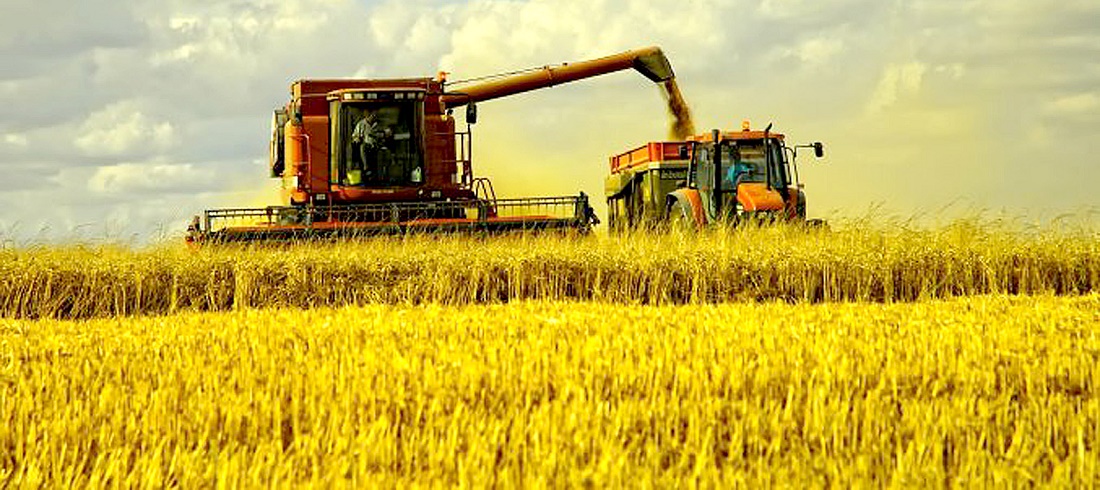
Argentine wheat harvest forecast slashed again amid drought
Oct, 26, 2022 Posted by Gabriel MalheirosWeek 202243
Argentina’s 2022/23 wheat harvest will come in at 13.7 million tonnes, the Rosario grain exchange said on Wednesday, October 26, a sharp cut from its previous forecast of 15 million tonnes amid a protracted drought that has hammered farmers in the country.
That would leave production well below the previous season’s record 23 million tonnes. Argentina is an important wheat exporter and Brazil’s biggest supplier.
“There is an unprecedented drought,” said Cristian Russo, a Rosario agronomist, adding that more than half of the province of Buenos Aires, the main farming region in Argentina, was suffering the lowest level of water reserves in 30 years.
“We are beginning to realize that we have to adjust lost area,” Russo added, indicating that 9.2% of the area planted with 2022/23 harvest wheat will not be harvested due to its poor condition, from the 6.6% previously forecast.
See below the track record of wheat exports (HS code 1001) from Argentina between January 2019 and August 2022, according to DataLiner.
Wheat Exports from Argentina | Jan 2019 – Aug 2022 | TEUs
Source: DataLiner (click here to request a demo)
The Rosarion grain exchange also adjusted its average crop yield estimate to 2.58 tonnes per hectare from 2.72 tonnes per hectare.
Production of 13.7 million tonnes of wheat would be the lowest since 10.9 million tonnes in the 2015/16 campaign.
However, on 15/16, the planted area was 3.9 million hectares, below the 5.9 million currently planted.
Source: Money Times
To read the full original article, please go to: https://www.moneytimes.com.br/bolsa-de-rosario-reduz-estimativa-de-colheita-de-trigo-da-argentina-para-137-mi/
-
Meat
Mar, 02, 2022
0
Meatpackers face the risk of shipping to Russia and not getting paid
-
Ports and Terminals
Sep, 01, 2023
0
Suape Port Complex launches innovation platform to help nearby companies
-
Ports and Terminals
Jul, 30, 2024
0
Port of Natal improvements set for bidding in September
-
Ports and Terminals
Jun, 09, 2021
0
Privatization seeks efficiency and reduction of logistical costs in the country, says Secretary



